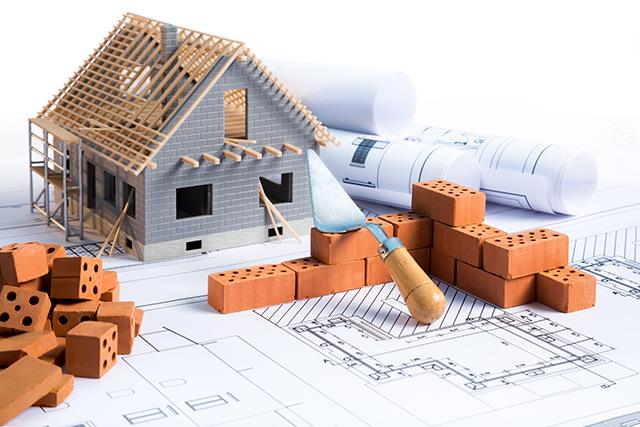
READ: Know before your buy! A practical guide to understanding zoning laws
Building a dream home is exciting, but it requires careful planning. Here are six essential tips to set a solid foundation:
- Choose the Right Location
Research the area, consider proximity to schools, work, transport, and amenities. Ensure the land is zoned for residential use and has future growth potential. - Set a Realistic Budget
Plan your budget wisely, factoring in construction, permits, utilities, and landscaping. Set aside a contingency fund for unexpected costs. - Understand Your Needs vs. Wants
Separate essential features (like a functional kitchen) from luxury desires (like a pool). Prioritise to stay on budget. - Sustainable Design is Key
Incorporate energy-efficient appliances, solar power, and water-saving fixtures. Sustainability reduces costs and is environmentally friendly. - Smart Home Tech
Integrate smart home features like voice-controlled lighting and automated security systems to add convenience, safety, and property value. - Consider Future Growth
Design flexible spaces that can evolve with your family’s needs, like multi-purpose rooms or rental units. This adds long-term value.
READ: Tap into your property's zoning value
Arnold Maritz, Co-Principal for Lew Geffen Sotheby’s International Realty in Cape Town’s Southern Suburbs explains that these laws determine how land within specific areas can be used, directly impacting property use and value. Understanding zoning laws is essential for property owners, prospective buyers, and real estate professionals, especially in relation to property development and investment.
The Purpose of Zoning Laws
Zoning laws are designed to segregate land uses into different categories to promote orderly growth and prevent conflicts between incompatible uses. Common zoning categories include residential, commercial, industrial, agricultural, and mixed-use. Each category comes with specific regulations that dictate the types of buildings that can be constructed, their height, density, and the activities permitted within them.
The primary goals of zoning laws are to ensure public safety, preserve the character of communities, protect natural resources, and enhance the overall quality of life for residents.
Impact on Property Use
- Designated Use and Restrictions: Zoning laws restrict the use of property to specific purposes. For example, a property zoned for residential use cannot be used for commercial activities without obtaining a variance or rezoning. This ensures that residential neighbourhoods remain quiet and safe, free from the disruptions that businesses might bring.
- Development Guidelines: Zoning regulations include guidelines on building height, lot coverage, and setbacks, which influence the physical characteristics of development. These rules help maintain a uniform appearance and prevent overcrowding, preserving the aesthetic appeal and functionality of neighbourhoods.
- Special Zoning Districts: Some areas are designated as special zoning districts with additional rules. Historic districts, for instance, have strict guidelines to preserve the architectural integrity of buildings, in line with heritage legislation.
Impact on Property Value
- Desirability and Marketability: Properties located in towns or cities where zoning is strictly regulated are often more desirable and valuable. Residential properties in quiet, well-maintained suburbs tend to have higher market values. Conversely, properties near industrial zones or areas with lax zoning regulations may suffer from lower values due to noise, pollution, or unsightly development.
- Investment Potential: Zoning laws can influence the investment potential of a property. Commercial properties in thriving business districts benefit from high foot traffic and visibility, leading to increased rental and resale values. Mixed-use zoning, which allows for a combination of residential and commercial uses, can enhance property value by providing convenience and boosting local economies.
- Flexibility and Variances: While zoning laws set strict rules, there is a process to apply for departures or rezoning but it’s lengthy and complex so successfully rezoning a property before putting it on the market can significantly increase its value.
- Supply and Demand: Zoning laws affect the supply of developable land. Restrictive zoning can limit the availability of land for certain uses, driving up prices. For instance, in cities with stringent residential zoning, the limited supply of land for housing can lead to higher property prices and rents.
Want all the latest property news and curated hot property listings sent directly to your inbox? Register for Property24’s Hot Properties, Lifestyle and Weekly Property Trends newsletters or follow us on Twitter, Instagram or Facebook.







